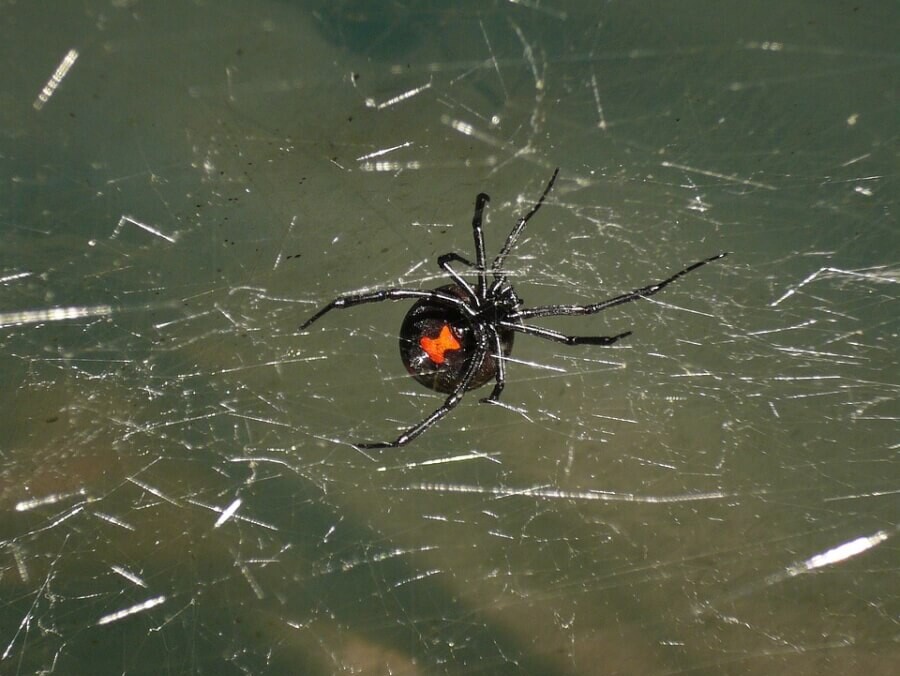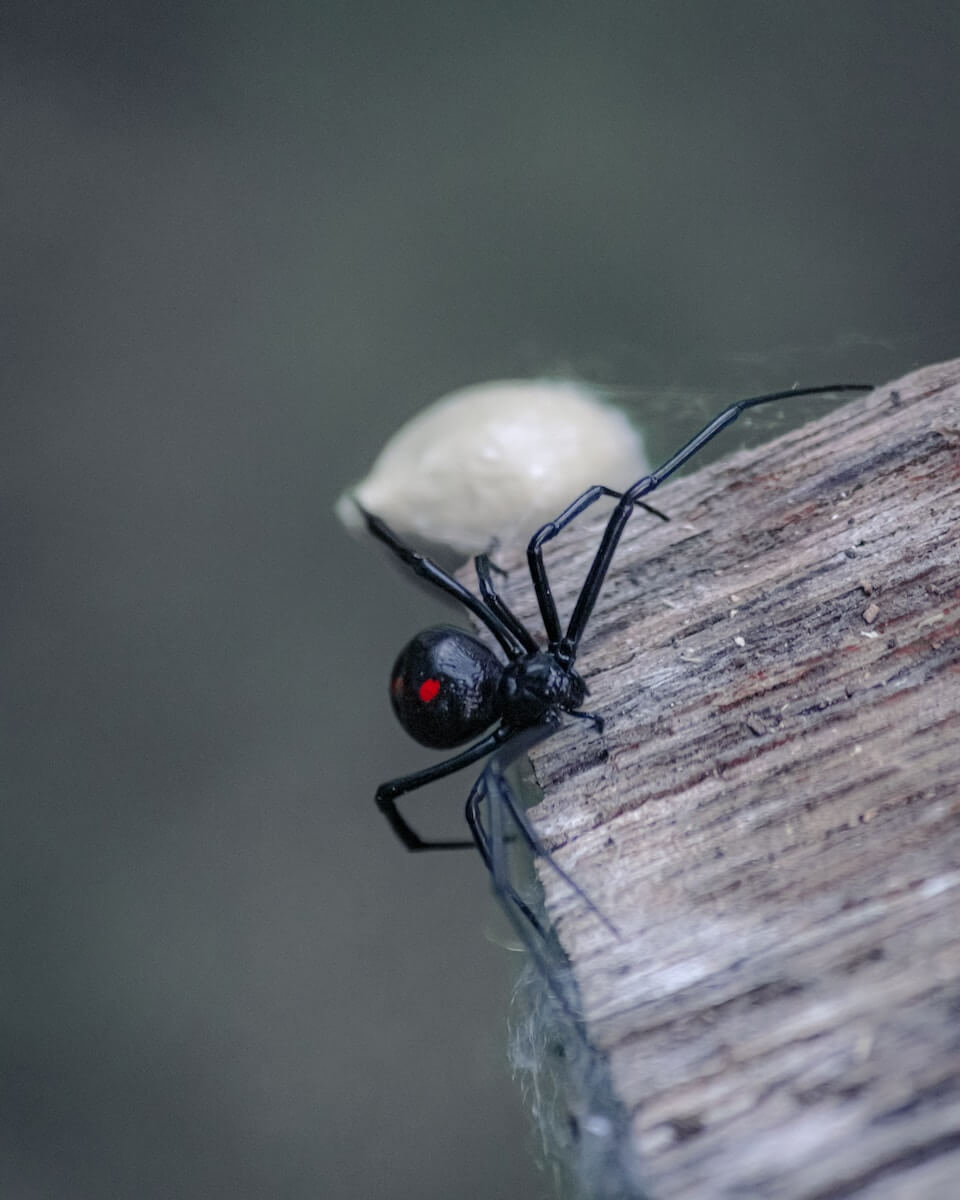
Photo by jgiammatteo from Pixabay
BRAUNSCHWEIG, Germany — Getting bit by a spider can be really scary regardless of which species bit you. They creep and crawl and can sneak around until they attack. Thankfully, humans may now have an antidote for one of the most feared spiders around. Scientists have developed fully human antibodies that can successfully neutralize the toxin in black widow spider venom.
“For the first time, we present human antibodies which show neutralization of black widow spider venom in a cell-based assay,” says Professor Michael Hust, a biologist at the Technical University of Braunschweig and senior author of the study, in a media release. “This is the first step to replace the horse sera that are still used to treat the severe symptoms after a black widow spider bite.”
Bites from these spiders can cause latrodectism, a disease where the neurotoxic venom called alpha-latrotoxin attacks the nervous system and leads to unpleasant symptoms like severe pain, hypertension, headache, nausea, and vomiting. Until now, horse serum has been used as an antivenom for these bites due to the animal's powerful antibodies. Since there are risks involved in using horse antibodies, however, researchers in Germany wanted to develop compatible human antibodies.
In fact, lots of patients bitten by black widows don't receive treatment because the proteins used in the antivenom are foreign to the human body and can lead to unfavorable side-effects like allergic reactions. Moreover, there is no consistency in the number of antibodies as it varies from batch to batch. Despite these caveats, the antivenom is the best option out there right now.
“We set out to replace horse sera with recombinant human antibodies to get a better product for the patients and to avoid the use of horses for serum production,” says Hust.
To do so, the team used an in vitro technical approach called antibody phage display and tested for efficacy against European black widow venom. Their findings are published in the journal Frontiers in Immunology.
“This approach uses extremely diverse gene collections of more than 10 billion different antibodies. From this large diversity of antibodies, phage display can fish out antibodies which can bind the desired target, in this case the toxin,” Hust explains.

Antibodies engineered this way can be reproduced with a consistent quality over and over because the DNA sequence of the human antibody is established. This is also better for the animals because horses then don't need to be immunized or have blood taken in order to make antivenoms for people. The team was able to come up with antibody candidates that can be used for the development of therapeutic antibodies. Most of the generated antibodies (45 of 75) showed in-vitro neutralization of alpha-latrotoxin. Specifically, an antibody called MRU44-4-A1 stood out the most, with remarkably high neutralization.
Interestingly, only two of the antibodies were effective against the venom of other types of widow spiders, showing that the work is incomplete. European black widow spiders are part of the scientific genus Latrodectus, but so are Australian redback spiders, New Zealand katipō spiders, and tons of different spiders from Southern Africa and South America. It makes sense that different spider venoms may need different treatment approaches for the strongest efficacy.
“To develop a potential treatment for all latrotoxins, and not only the toxin of the European black widow, we would need further improved cross reactive antibodies,” Hust notes.
Since this study was cell-based and not done on a living organism, it can't be applied to the general public just yet. The team says that more preclinical steps need to be taken to measure the antivenom's efficacy before starting clinical trials.
“In another project, we have shown that we can develop human antibodies to treat diphtheria which are effective in in vivo studies. We intend to take the same steps for the black widow antivenom antibodies. This is especially important because with the invasion of the spiders into new habitats, the incidence of latrodectism and the need for therapeutic alternatives might increase over the next years,” concludes Hust.










